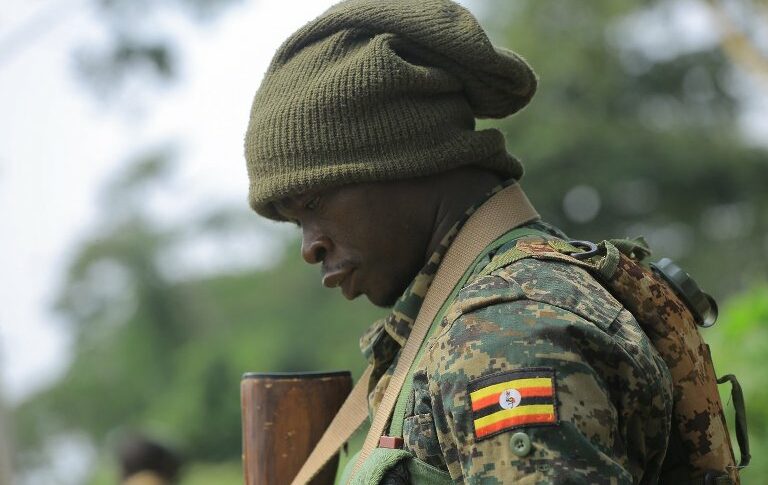The African Union Peace and Security Council and South Sudanese civil society groups on Sunday discussed the presence of Ugandan troops in the country, emphasizing the need for their withdrawal to ease political and security tensions.
The deployment of the Ugandan People’s Defense Forces (UPDF) has been controversial since it began in March amid renewed tensions between President Salva Kiir and his rival, First Vice President Riek Machar.
The operation, codenamed Milnzi Wa Kimya—Swahili for “Silent Guardian”—has faced scrutiny over its scope and funding.
A youth group from Kiir’s home area recently claimed each Ugandan soldier in South Sudan is paid $200 per day, an allegation neither government has confirmed.
Uganda has long been a key security ally for Juba, sending troops in 2013 to back Kiir during a brutal civil war against Machar. The conflict killed an estimated 400,000 people before a fragile peace deal was reached in 2018.
It remains unclear whether South Sudan’s government will agree to withdraw the Ugandan forces, which were deployed to South Sudan at the request of President Salva Kiir.
Edmund Yakani, a civil society representative who attended the closed-door AU meeting, told Radio Tamazuj Monday that key outcomes included calls for an immediate de-escalation of violence between Kiir’s forces and Machar’s opposition group, as well as the UPDF’s withdrawal.
Yakani said civil society members also urged the swift appointment of a former African head of state as the African Union High-Level Representative to South Sudan (AUHLRSS) to help mediate lingering disputes under the 2018 peace agreement.
Other demands included an inclusive political dialogue on election conditions, the unconditional release of political detainees including the first vice president and a constitutional review process separate from elections.
“The constitutional making process should continue even after elections,” Yakani said, proposing a national conference by October 2025.
He added that the AU should assist South Sudan in forming a Truth, Healing and Reconciliation Commission before elections, currently scheduled for December 2026.




